The term reincarnation is still used in documentary films, books and paranormal phenomena. But when we talk about Buddhism, it also arouses our curiosity.
What is the link between Buddhism and reincarnation? Do Buddhists believe in it?
General information on reincarnation
From a general point of view, reincarnation can have several definitions but the meaning and significance remains the same. WARCOLLLIER, author of the book Telepathy, defines reincarnation as “a phenomenon by which the soul, after physical death, incarnates again in another human body(or successively in several), in order to continue its spiritual evolution. »
DURRY, the author of the book Nerval, defines it as “New form of carnal life after death. » PROUST in his book entitled Guermantes states that reincarnation is an “evocation of a person by another person who resembles him or reappears such or such in a different form but similar to the previous one. » Finally, etymologically, the word reincarnation is composed as follows: Re-in-carnation whose root is “carn” which means flesh, the idea is that the soul of a human body enters another human body.< /p>
Meaning of reincarnation according to Buddhism
In Buddhism, the word reincarnation is rarely used. Buddhists use the term “rebirth” more often. As noted above, the notion of reincarnation implies the existence of an immortal soul that passes from one body to another. As long as an individual is alive, their spirit and body are linked and separated only upon death. Each element has its own continuum. The body becomes a corpse, and the spirit remains immortal, it takes possession of another body. This implies the notion of life and death, that is to say that the individual exists when his mother gave birth to him, then disappears when he dies. He then ceases to exist, but his soul continues to come alive.
According to Buddhism, reincarnation recognizes that human beings are born several times to achieve complete liberation, especially that of ignorance. Indeed, at the time of reincarnation, Karma intervenes and manifests itself in the form of imprints of our actions. In this regard, Buddha quoted: “There is nothing constant except change. »
The reincarnation of the 10th Panchen Lama
Serge-Christophe KOLM, the author of the book Le Bonheur-liberté, admits that reincarnation is a reality of the physical world which does not detach itself from the spiritual transcendent and is not an objective reality. To better understand reincarnation, the four consolations according to the Kalama Sutta indicate that its purpose in Buddhism is to end suffering.
The second consolation confirms this perception: “Let us suppose that there is no afterlife and that there is no fruit, no result, of actions done, good or bad. Yet, in this world, here and now, free from hatred, free from malice, safe and sound, and happy, I stand. »
Furthermore, Buddha taught the Four Noble Truths which represent suffering, the cause of suffering, the cessation of suffering, and the path leading to suffering. This suffering is at the origin of dissatisfaction in all its forms. Buddhists view rebirth, also known as reincarnation, as an opportunity to escape the cycle of samsara.
The Hinayana Buddhist movement favors personal awakening, the being thus becoming an Arhat and leaving samsara to reach Nirvana, while the Mahayana schools favor the altruistic awakening of the bodhisattva, the latter voluntarily remaining in samsara to help those around him to light up.
Reincarnation according to Tibetan Buddhism
The recognition of reincarnation is the particularity of Tibet. Tibetan Buddhists recognize the two types of reincarnation which are: the reincarnation of the ordinary individual and the reincarnation of the Arya.
The first type is the reincarnation of an ordinary individual. Unlike Arya, she does not have this same freedom and must submit to rebirth.
The second type concerns Arya, which refers to the being who is not born again in Samsara, that is to say who is not prisoner of the existential cycle, because he is freed from the laws of karma . There are two categories of Arya: Arya who is Buddha and Arya who is not yet Buddha. For the latter, also called reincarnation of non-Arya, it includes, on the one hand, the SRAVAKAS or listeners and the PRATYEKA BUDDDHAS, both seek Samsara, that is to say liberation from suffering and, 'on the other hand, the BODHISATTVAS.
However, in the 12th century, in Tibet, the custom was to want to reincarnate as certain characters. This is possible in the case of a deceased Master, sometimes his disciples wish it.
Tibetan tulkus and the principle of lineage of incarnations
The lineage of incarnations is primarily based on reincarnation according to Buddhism. It is a fundamental principle of Buddhism recognized and accepted by all Buddhists and practitioners. Certainly, this phenomenon of the lineage of incarnation originated in Tibet, but it did not occur with Buddhism.
The Karmapa lineage is the dominant lineage, a principle appeared at the same time as its foundation, the Tibetan Tulkus. The Dalai Lamas are Tulkus, they are important people in a Buddhist community. Those who are designated as Dalai Lama have a great responsibility towards the Buddhist people. They have the power to identify reincarnation through adherence to Buddhist precepts and practices of the Buddha's teachings. These are therefore the laity who have never failed in their duty and who have practiced practices consistent with those of the era of the Buddha.
Tibetan Buddhism has its own positions and its own religious hierarchy. Both of these features were established under the Mongol Empire. At the same time, a master did not occupy the same place as a current master, as in the case of Master Milarepa. However, he has always been the holder of the Kagyu lineage until this day. Within this lineage, there is another religious structure. The attribution of titles and functions therefore does not depend on experience or devotion to religion.


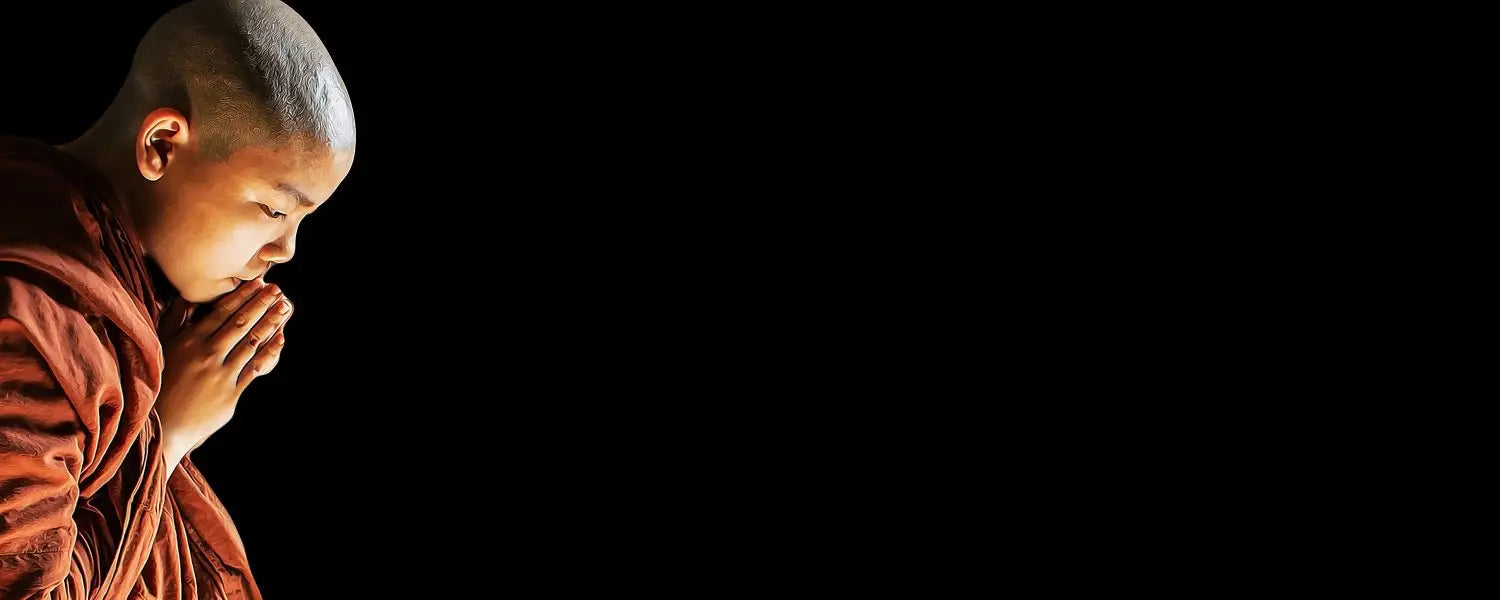


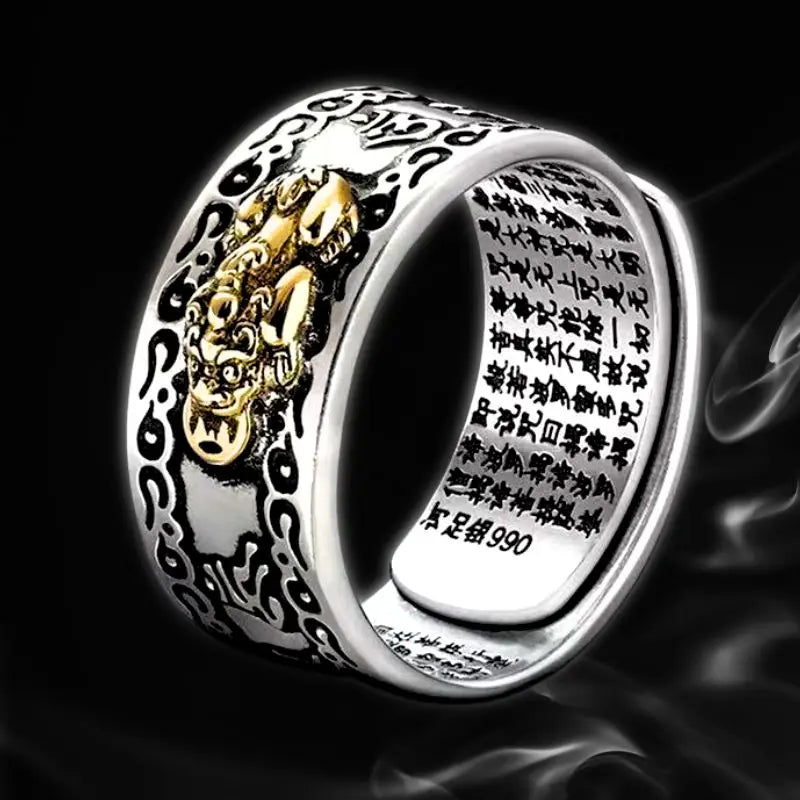












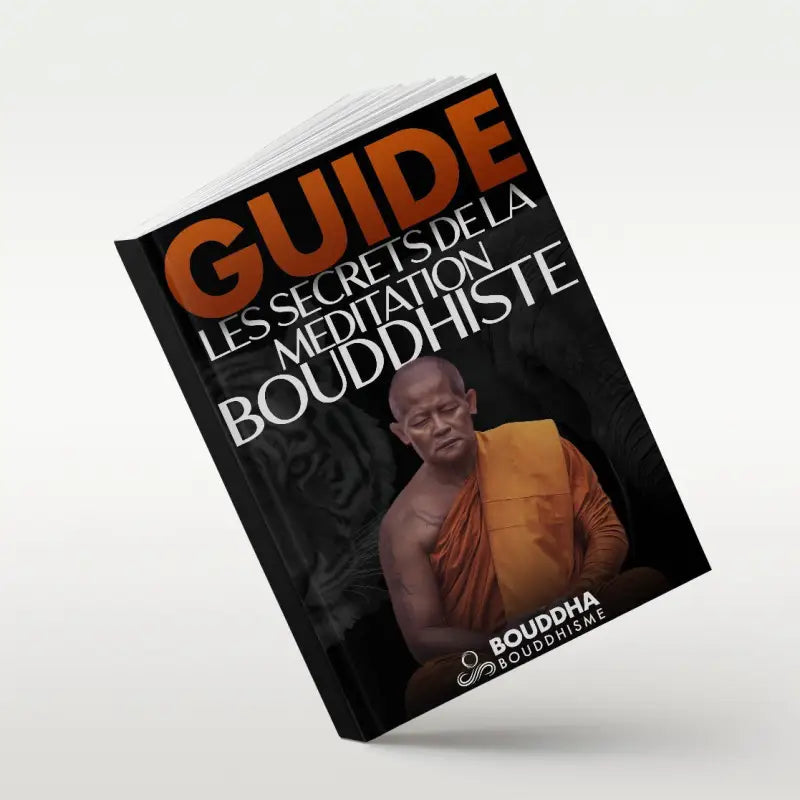
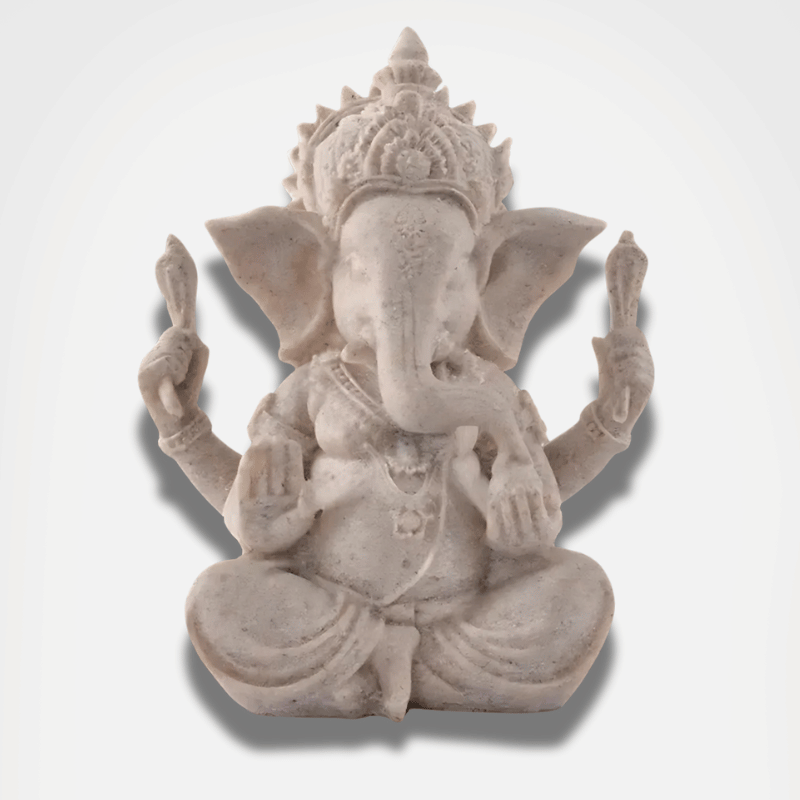
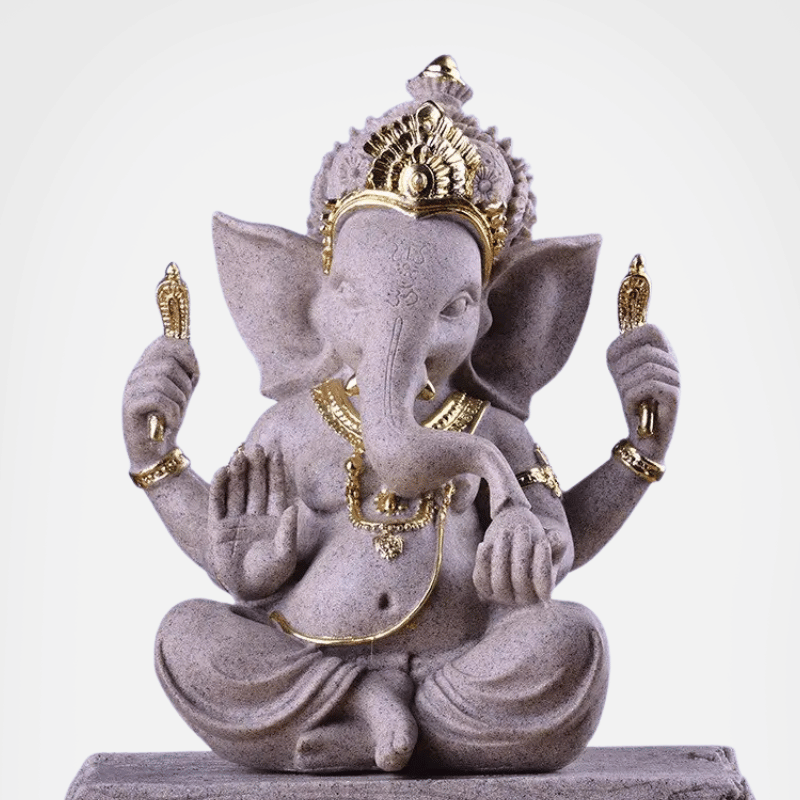
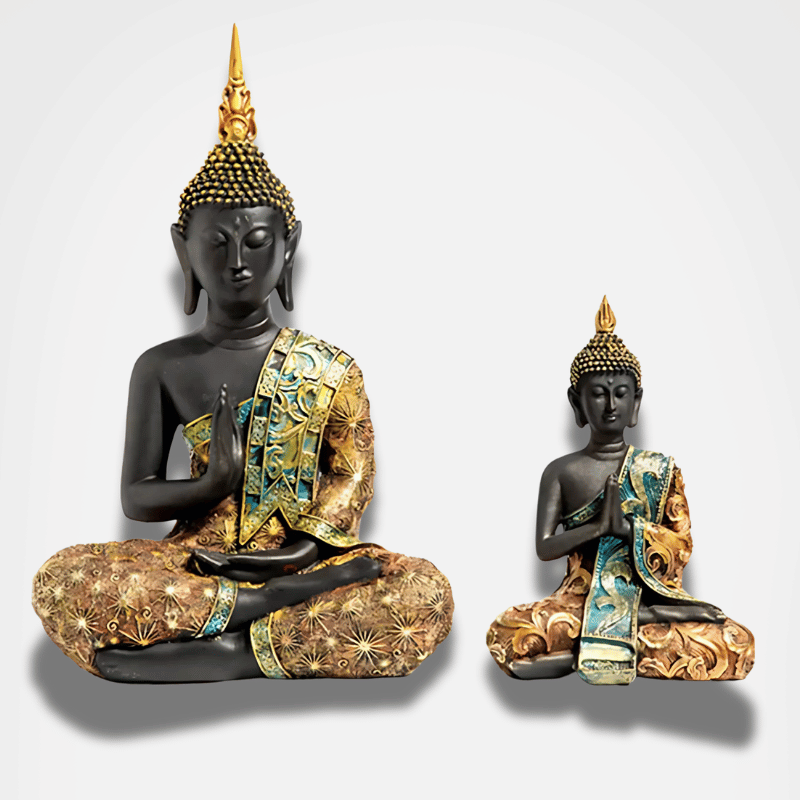
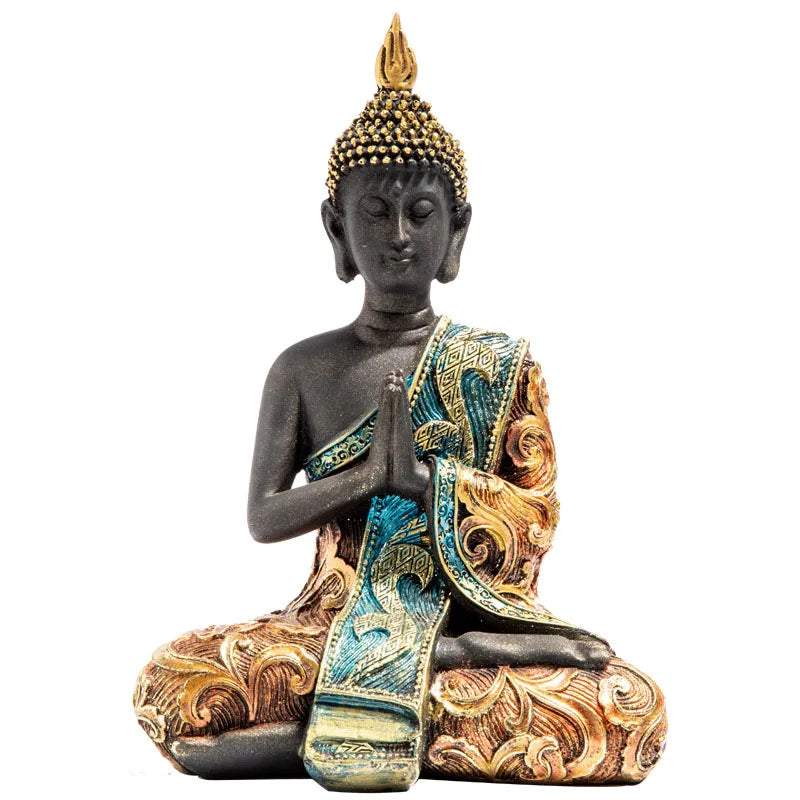
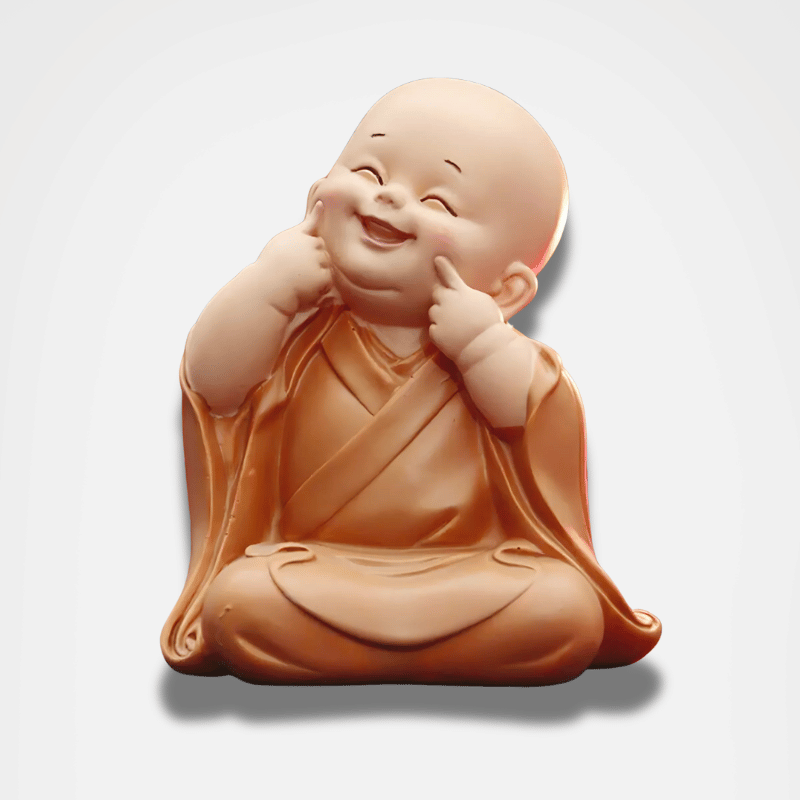



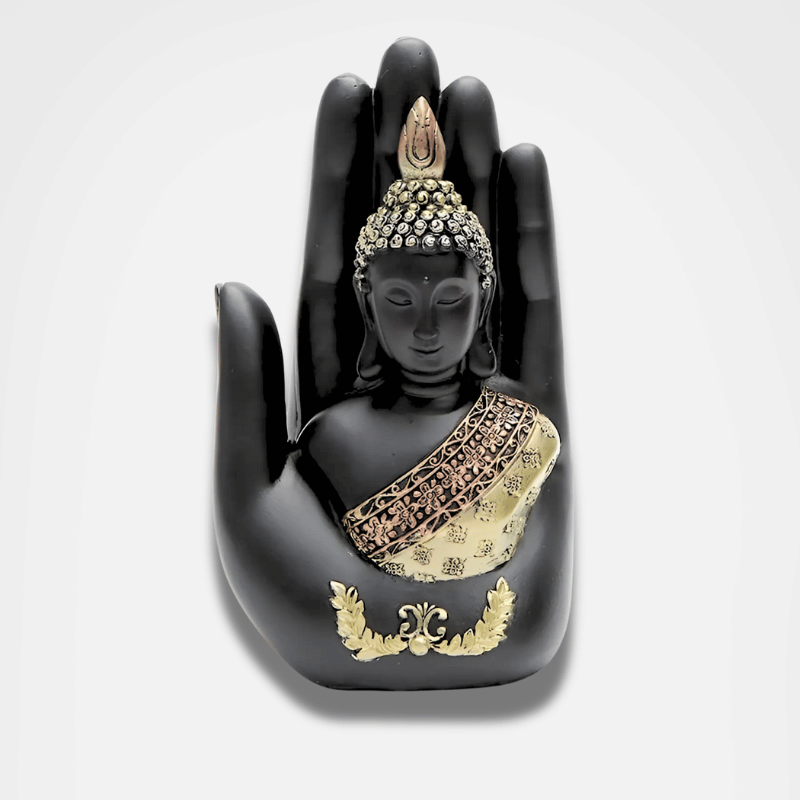
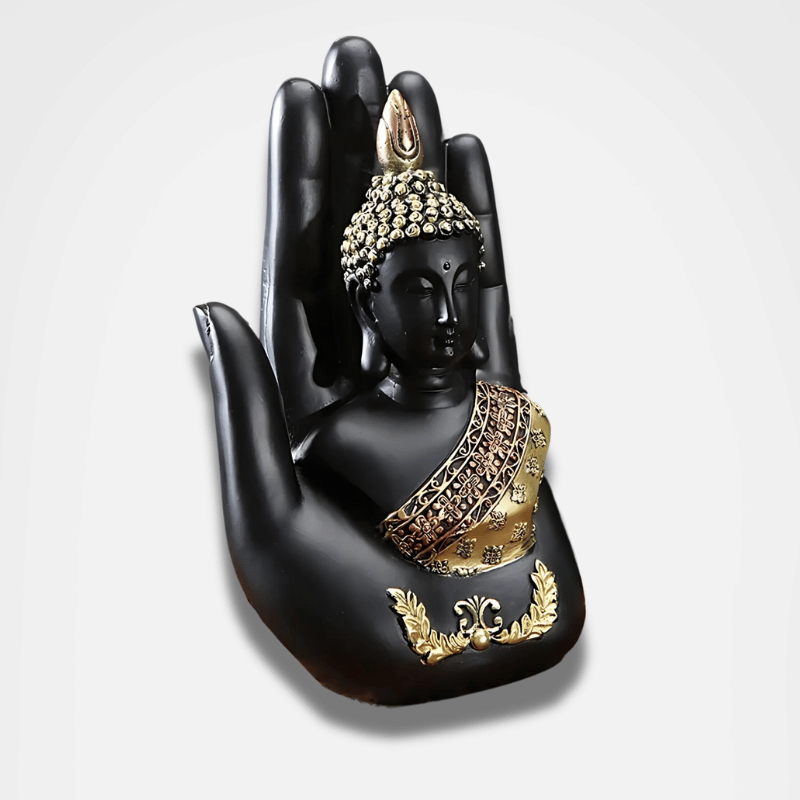






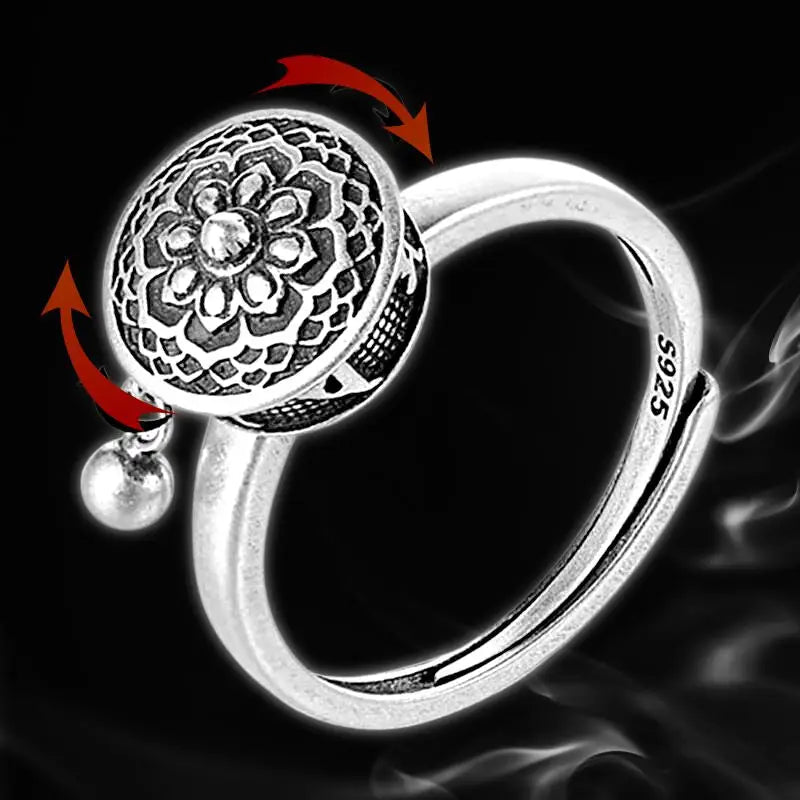


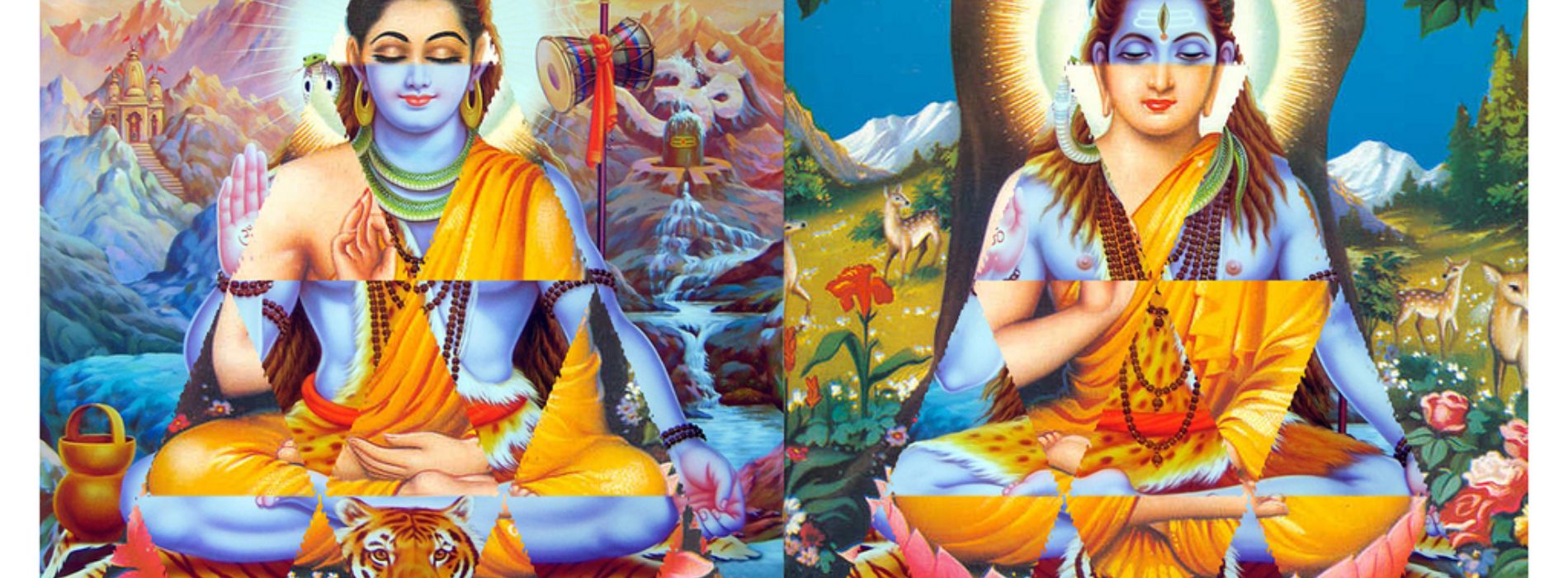
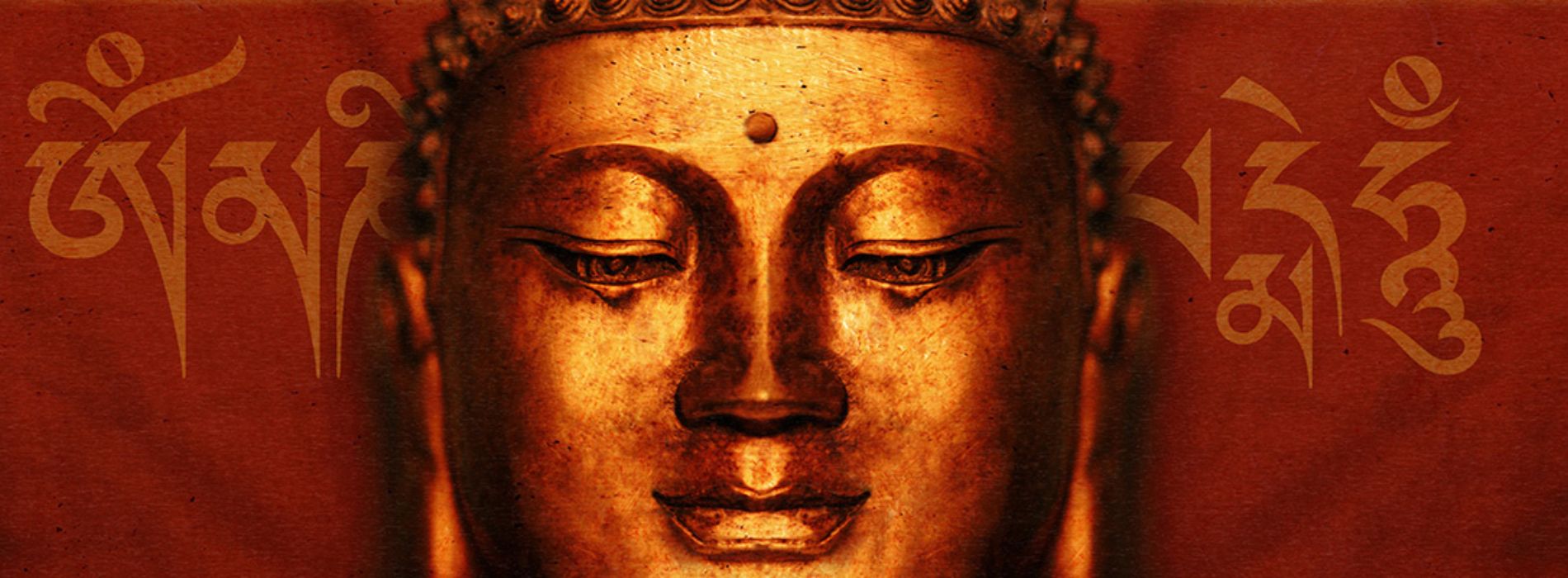



3 comments
Houdet
Bonjour
Peut on laver son karma et éliminer les problèmes karstiques dans une seule vie et aller directement dans la sphère céleste
Peut on choisir sa renaissance ou bien est elle imposée ?
Julien bres emile
La réincarnation de Julien bres emile
Julien Bres
Errer et se reîncarner en amour